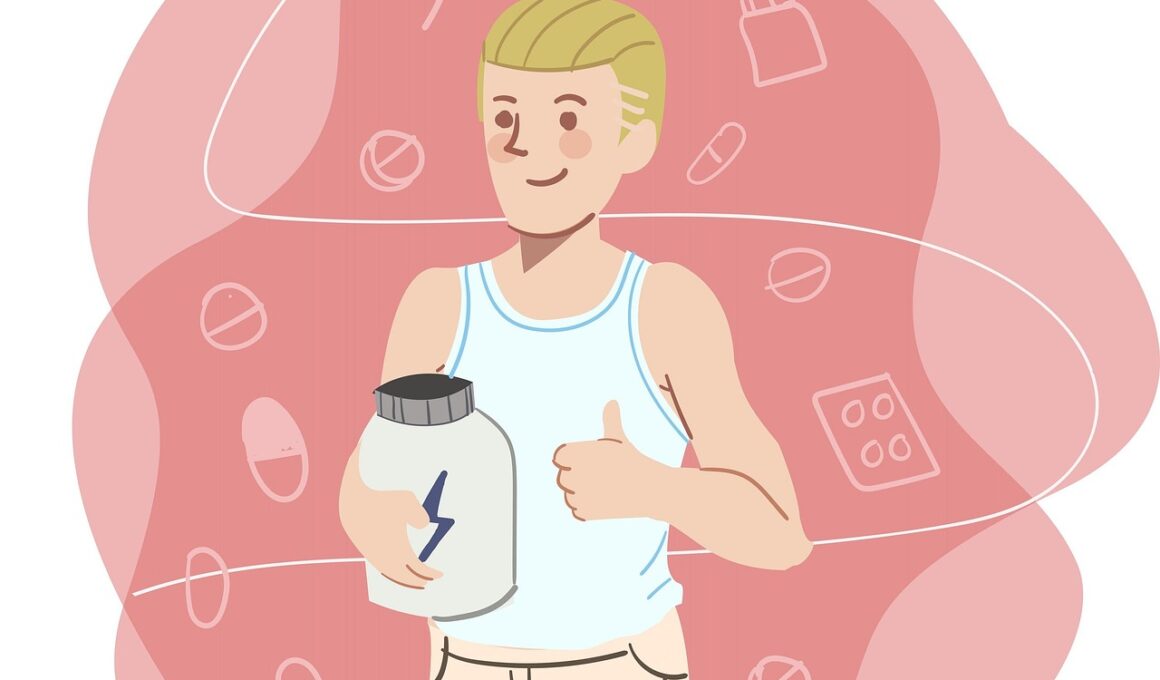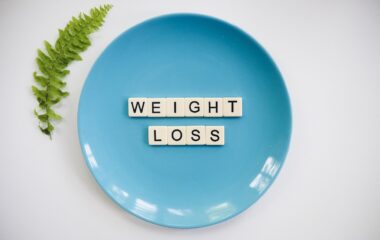Understanding Post-Workout Nutrition Timing
Proper timing of your post-workout nutrition is crucial for optimal recovery and muscle growth. After a workout, your body seeks to replenish the nutrients depleted during exercise. This often involves carbohydrates and protein, which play essential roles in muscle repair. The ideal post-workout meal typically consists of a ratio of roughly 3:1 of carbohydrates to protein. This can help restore glycogen levels in the muscles and promote recovery. Consuming your post-workout meal within 30 to 60 minutes after training can maximize the benefits of your nutrition. Research indicates that timing is everything when it comes to nutritional intake. During this window, the body is more insulin sensitive, allowing for better nutrient absorption. This is particularly important for athletes and individuals engaging in resistance training. Furthermore, hydration is also a critical component of post-workout nutrition, as fluids lost through sweat need to be replenished. All these factors combined will help accelerate recovery, build lean muscle mass, and improve overall performance in future workouts.
The Importance of Nutrient Quality
While timing is essential, the quality of the nutrients you consume plays a pivotal role in recovery. A post-workout meal should be rich in high-quality protein sources, such as chicken, fish, or plant-based proteins like beans or lentils. Carbohydrates should primarily come from whole-food sources—think sweet potatoes, brown rice, or quinoa, which provide sustained energy. Avoid processed sugars and unhealthy fats, as these can derail your recovery efforts. Whole foods contain vital vitamins and minerals that support overall health and recovery. Additionally, incorporating healthy fats like avocados, nuts, or olive oil into your meal can help absorb fat-soluble vitamins. If you’re short on time, protein shakes or smoothies can serve as convenient alternatives, especially when paired with fruits like bananas or berries for quick carbohydrates. An effective post-workout meal should not only meet macronutrient ratios but also ensure an adequate intake of micronutrients. Lastly, consider preparing your meals in advance to avoid making poor food choices when the hunger pangs set in post-exercise.
Intuitive Eating Post-Workout
Listening to your body’s hunger signals is essential when timing your post-workout nutrition. Rather than strictly adhering to a specific time frame, it’s more beneficial to develop an intuitive connection between exercise and eating. For example, some individuals may find they are more hungry soon after exercise, while others may need an hour or two to feel the urge to eat. Pay attention to how your body feels and what it craves after a workout. Aiming for a balanced meal with the right proportions of protein, carbohydrates, and healthy fats will aid in satisfactory recovery. Understanding your own needs will allow you to cultivate a more positive relationship with food. This practice can help avoid unnecessary grazing or binge eating later on. Having a variety of options available is key; consider preparing several meals that fit within your nutritional goals. In this way, intuitive eating aligns with the strategy of optimal post-workout nutrition by focusing on both physiological needs and personal preferences.
Simple Post-Workout Meal Ideas
After a rigorous workout, having simple meal solutions can significantly streamline your recovery process. Some excellent examples of post-workout meals include grilled chicken with quinoa and steamed broccoli, which provides balanced macros. Another option is a smoothie packed with spinach, protein powder, and a banana. A turkey wrap with whole grain tortillas, filled with veggies, serves as a balanced choice as well. For vegetarians, chickpea salad with olive oil, and assorted vegetables, meets requirements. Sweet potatoes topped with cottage cheese and salsa make for a nutrient-dense plate. Planning is vital; preparing meals in advance can eliminate the urge to choose less nutritious options in energy-depleted states. Having easy-to-prepare items or snacks, like Greek yogurt with mixed berries and nuts, can also be advantageous. Moreover, make sure to hydrate adequately, so pairing meals with water or electrolyte drinks is wise. By pre-planning nutritious meals, you set yourself up for success in meeting your post-workout nutritional needs effectively.
Listening to Your Body After Exercise
Being attentive to your body post-exercise can significantly enhance your recovery efforts. Monitor your energy levels, hunger cues, and overall well-being after workouts. If your muscles feel fatigued or you’re unusually hungry, it suggests a greater need for nutrient replenishment. Conversely, if you feel satisfied or energetic, you may not require as much food right away. This awareness fosters a captivating dialogue with your body, promoting mindful eating practices for long-term health benefits. It can even depend on the intensity of your exercise—heavier workouts often call for more immediate nutrition, while lighter sessions might allow for delayed meals. Additionally, if you’re training for a specific event, a structured meal timing strategy can be beneficial. Overall, cultivating this relationship encourages better nutrition habits tailored to your individual lifestyle and needs. Establish a flexible routine that accommodates your hunger patterns, making room for various nutritious food options post-exercise. Ultimately, prioritizing listening skills will allow you to optimize your nutrition and lead to enhanced performance.
Supplementation Considerations
Post-workout supplementation can complement your nutrition strategy. Protein powders, branched-chain amino acids (BCAAs), and creatine are among the popular choices by athletes. These supplements potentially optimize recovery when real food isn’t accessible right after training. However, it’s best to prioritize whole foods as they offer a comprehensive nutrient profile. Ideally, use supplements as an adjunct to a balanced diet rather than replace meals. Timing remains important for supplemental intake, especially in relation to workouts. For example, consuming protein in the immediate window post-exercise can support muscle recovery. Similarly, taking creatine regularly at consistent intervals may enhance performance during subsequent sessions. That said, always consult a healthcare professional before beginning any supplementation regimen. Individual needs may vary, depending on factors like activity levels, goals, and overall diet. Ultimately, understanding learned responses to various supplements can provide insight into what works best for you. Supplementation can be effective if time constraints exist or additional support is needed, ensuring that recovery remains a priority.
The Bottom Line on Post-Workout Nutrition Timing
Mastering the timing of your post-workout nutrition can dramatically affect your recovery and fitness goals. By implementing strategic eating practices, you’re investing in your future performance, muscle growth, and overall well-being. Aim to consume a balanced post-workout meal as soon as possible, focusing on quality macronutrients while staying attuned to your body’s signals. Prioritize whole foods when available, but also consider beneficial supplements for convenience if needed. Finding the balance between meal timing and nutrient quality allows for an insightful approach to post-exercise nutrition. Additionally, fostering a healthy relationship with food, incorporating intuitive eating practices, and preparing meals in advance can streamline your recovery process substantially. Remain adaptive in listening to your body; this ensures your approach suits your needs and lifestyle effectively, making it easier to maintain long-lasting habits. Ultimately, consistent focus on the timing of your nutrition greatly contributes toward achieving your athletic performance while enhancing recovery times. The path of healthy post-workout nutrition leads you to a more fulfilling fitness journey.
Key Takeaways
Understanding your post-workout nutrition timing is essential for optimal recovery after exercise. Focusing on when and what to eat helps replenish nutrients, preventing fatigue. Implementing these strategies will make exercising more effective and enjoyable. Ensuring quality over quantity can aid in long-lasting energy and physical improvements.





